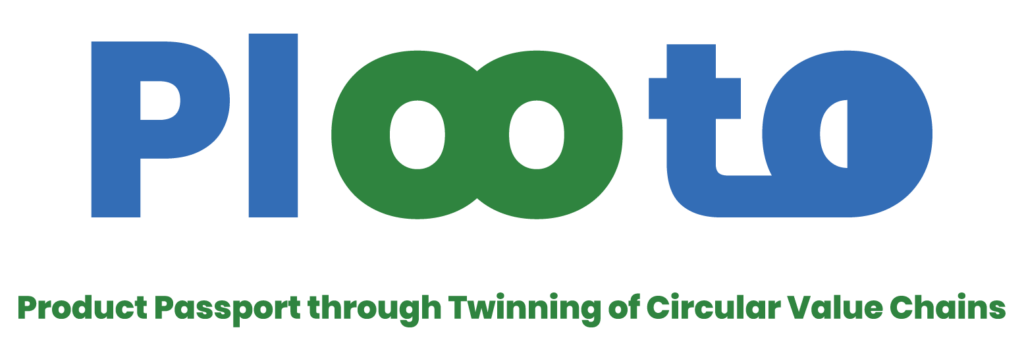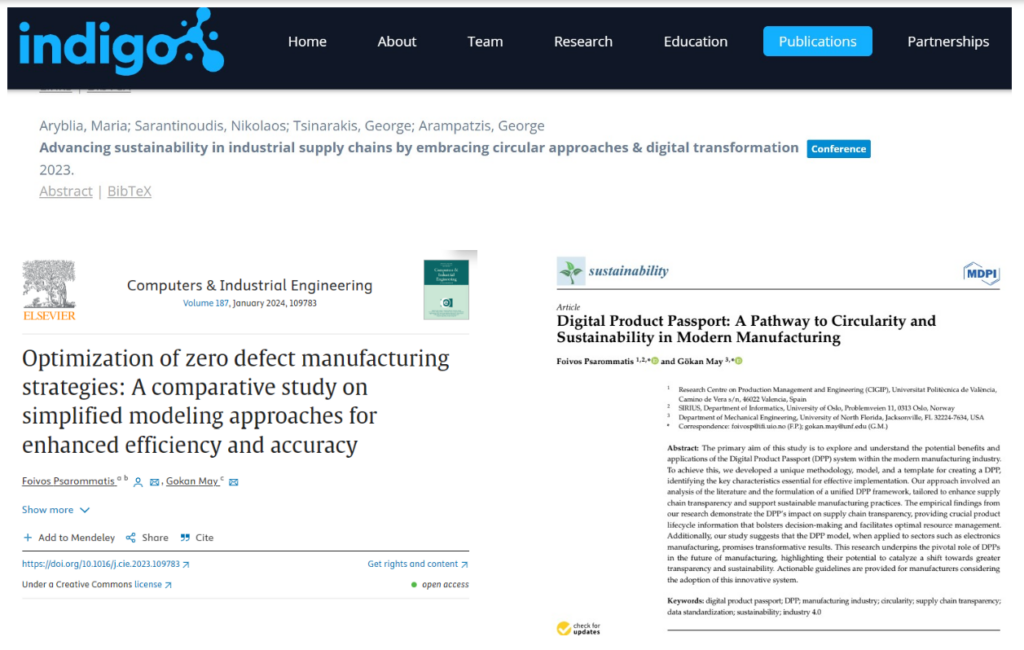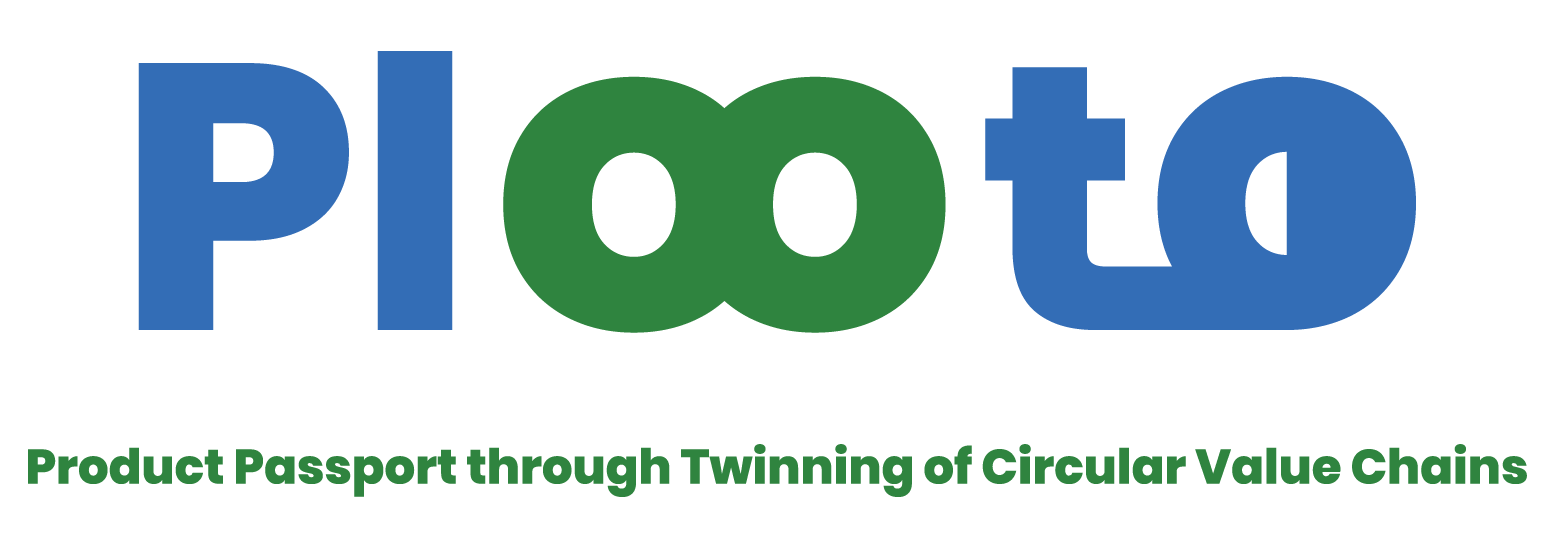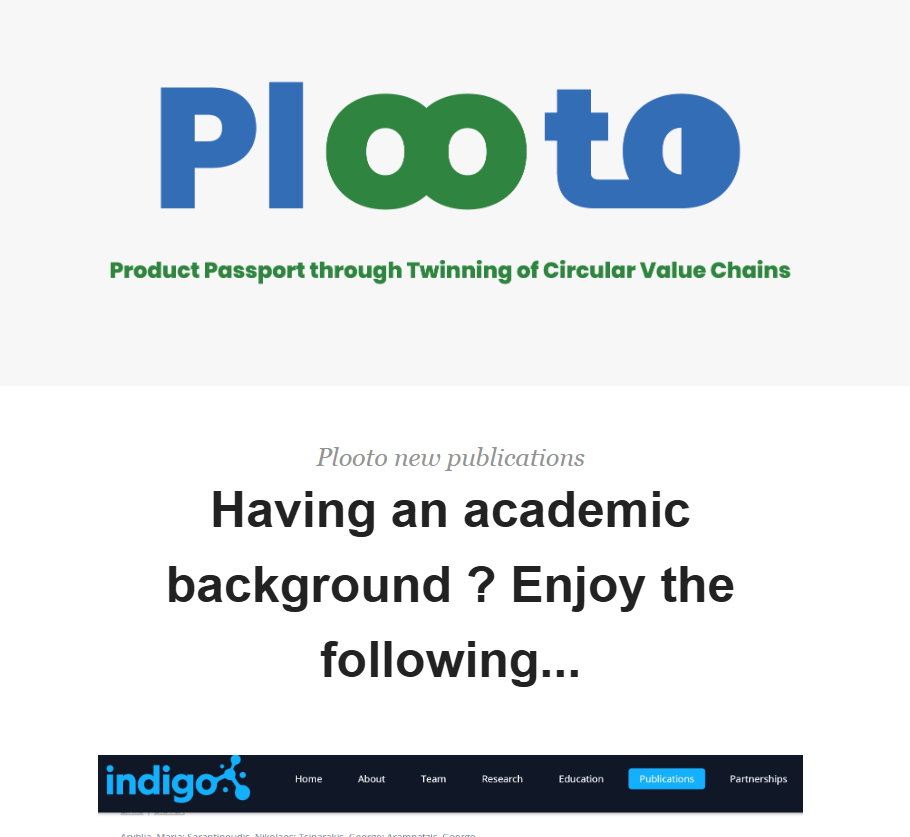Αdvancing sustainability in industrial supply chains by embracing circular approaches & digital transformation.The Plooto Partners of TUC from the indigo lab have published a paper entitled “Advancing sustainability in industrial supply chains by embracing circular approaches and digital transformation.
Abstract: Sustainable growth has been assuredly connected with the integration of circularity, sustainability, innovation and resiliency into the value chains. Towards this path drives the recently updated European Circular Economy Action Plan (CEAP, 2020), a fundamental component of Europe’s agenda for sustainability and resiliency, the European Green Deal (EU Green Deal, 2019). On the other hand, Europe foresees achieving both a green transition and digital transition during the Digital Decade, focusing mainly on high energy-consuming industrial facilities towards a net-zero industries concept. The green transition, as being reinforced by circularity, is called to accompany the digital transition towards climate neutrality, a target that has been underlined as a key requirement in the EU’s green agenda (Digital Europe, 2022). The industrial environments, as an intensive energy consumer, aspires to move towards green and digital transition, where the efficient management of resources, the need for prevention and the circular designing and planning, have shown the path towards alternative approaches, new technologies and services, and cutting-edge solutions. Digitalisation technologies, circular supply chains, secondary raw materials, integrated sustainability frameworks and standards, digital twins and cognitive digital twins, the newly introduced DPPs – Digital Product Passports, are some of the solutions and tools that assemble to facilitate a green and digital transition, considering the circular economy aspects, and targeting to resiliency and sustainability. Under this scope, the Horizon Europe Plooto project valorises on available sustainability and governance frameworks and models to design and develop an integrated methodological approach for “closing-the-loop” in industrial value chains, the Sustainability Balanced Scorecard Framework. This framework is demonstrated in three robust use cases, representing the food and manufacturing sectors. The ordinary supply chains of a citrus juice company in Greece, the processes of managing Waste Electrical and Electronic Equipment (WEEE) for magnets and Carbon Fiber Reinforced Polymer (CFRP) for drones, are assessed using the Sustainability Balanced Scorecard, to empower the business opportunities, to enhance traceability and lead to sustained value chains. Citation: Aryblia, Maria; Sarantinoudis, Nikolaos; Tsinarakis, George; Arampatzis, George, Αdvancing sustainability in industrial supply chains by embracing circular approaches & digital transformation, INDIGO Link: https://www.indigo.tuc.gr/publications/ | 






